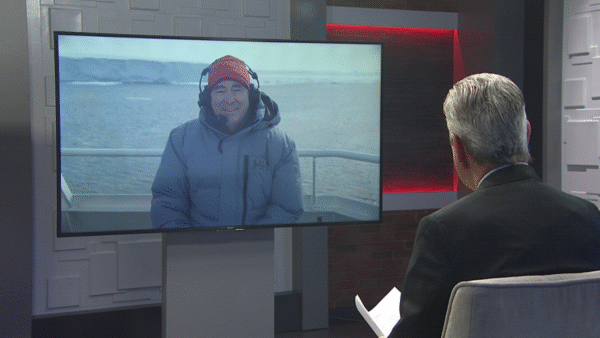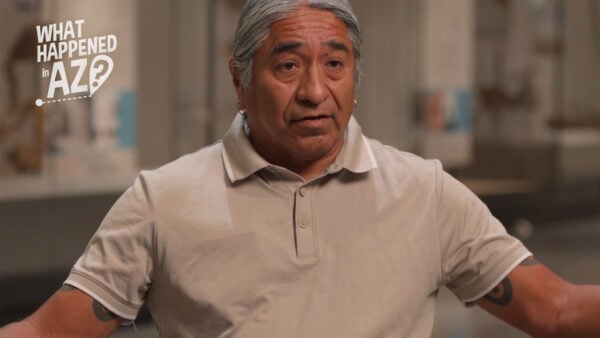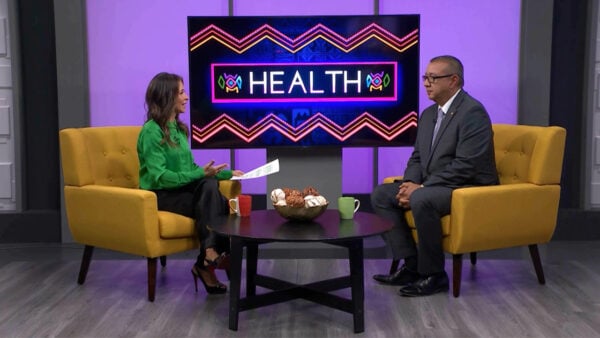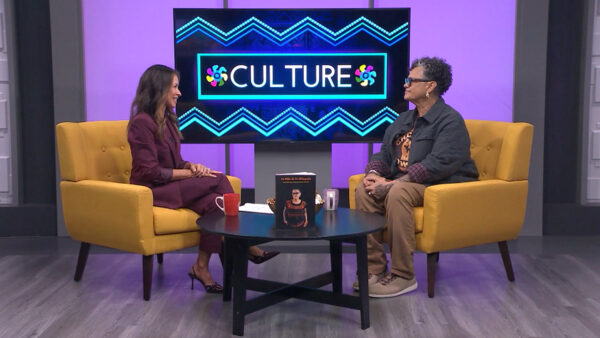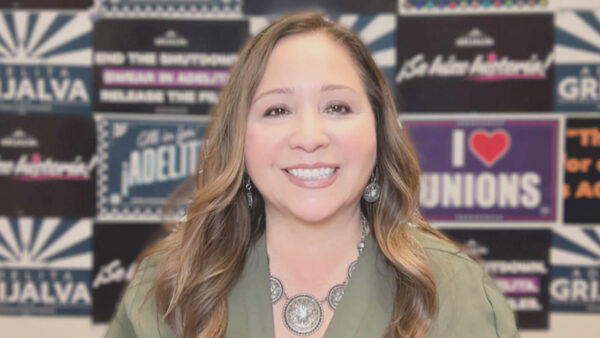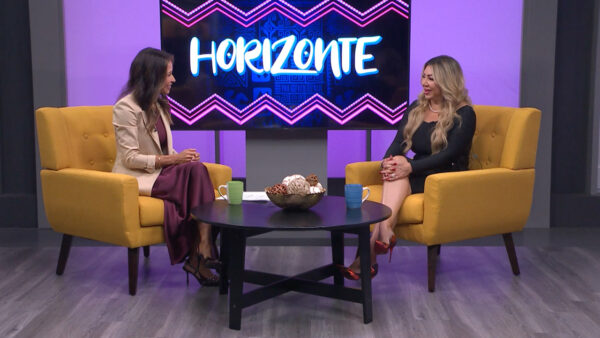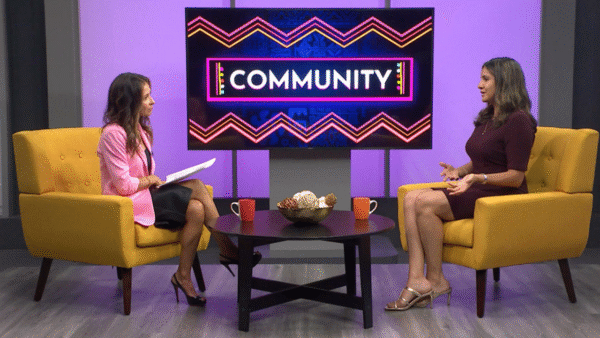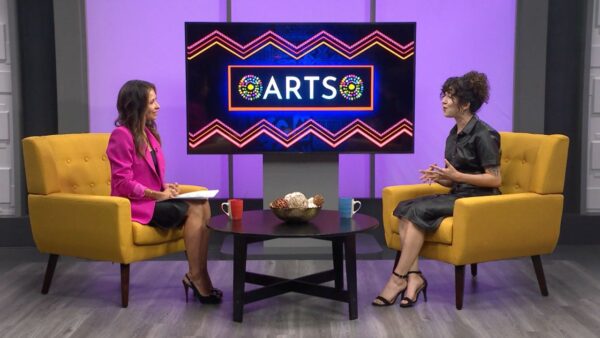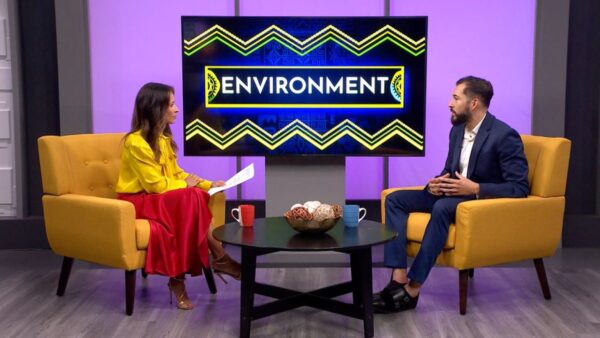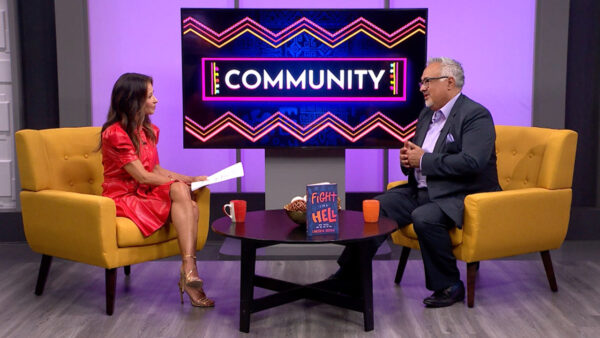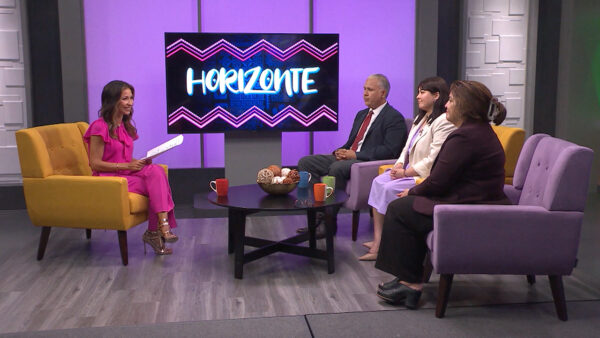New book explores how schools racialize Latino students
April 19, 2025
A new book by an award-winning UCLA researcher focuses on how schools are inadvertently stereotyping Latino students and failing to address racial inequalities. The author, Laura Chávez Moreno, grew up in Douglas, Arizona, and her book “How Schools Make Race: Teaching Latinx Racialization in America” draws from case studies in Arizona schools.
In this book, Chávez-Moreno uncovers the process through which schools “implicitly and explicitly” shape their students’ concept of race and the often unintentional consequences on educational equity. She sheds light on how the complex interactions among educational practices, policies, pedagogy, language and societal ideas interplay to form, reinforce and blur the boundaries of racialized groups, a dynamic which creates contradictions in classrooms and communities committed to antiracism.
“When I say [schools] make race, I am talking about how schools teach us about what is race and what is racialized groups,” Chávez-Moreno said. “Sometimes they do this explicitly. For example, in the book, I talk about how one teacher taught about what was the difference between race and ethnicity. But most of the time, schools are teaching about race through implicit ways.”
Chávez-Moreno also urged readers to rethink race, to reconceptualize Latinx as a racialized group and to pay attention to how schools construct Latinidad (a concept about Latinx experience and identity) in relation to Blackness, Indigeneity, Asianness and Whiteness. The work explores, as an example, how Spanish-English bilingual education programs engage in race-making work. It also illuminates how schools can offer ambitious teaching to raise their students’ critical consciousness about race and racialization.
Ultimately, Chávez-Moreno’s work makes clear that understanding how our schools teach about racialized groups is crucial to understanding how our society thinks about race and offers solutions to racial inequities.
The book invites educators and scholars to embrace ambitious teaching about the ambivalence of race so that teachers and students are prepared to interrogate racist ideas and act toward just outcomes.
